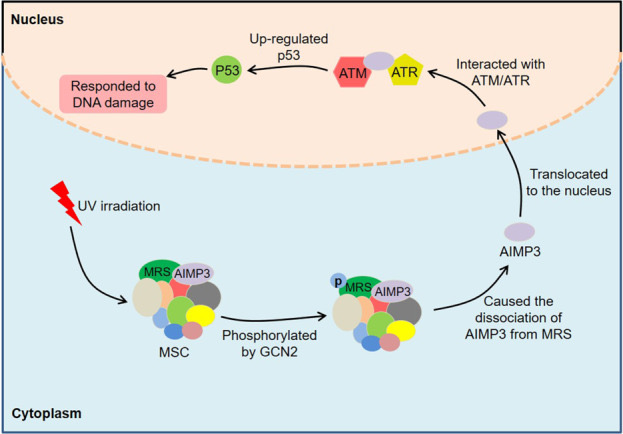Evaluating the Efficacy of Routine Cancer Surveillance in Asymptomatic Patients

Routine surveillance for cancer metastases following curative treatment has become a standard practice in oncology, often encouraged by clinical guidelines. However, there is an increasing body of evidence and expert opinion suggesting that such surveillance may not provide significant benefits to asymptomatic patients and could potentially do more harm than good.
According to a recent perspective published in the *New England Journal of Medicine*, Dr. H. Gilbert Welch, MD, MPH, of the Center for Surgery and Public Health at Brigham and Women’s Hospital, and Dr. Lesly A. Dossett, MD, MPH, from the University of Michigan, argue that routine imaging and blood tests intended to detect recurrences in symptom-free cancer survivors often lead to increased anxiety, unnecessary medical interventions, and financial burdens without improving survival rates. They conclude, "Less surveillance would be better for patients."
The issue of cancer surveillance is particularly relevant in the context of the approximately 18 million cancer survivors in the United States, many of whom are potential candidates for ongoing monitoring. Current guidelines from organizations such as the American Society of Clinical Oncology (ASCO) advocate against routine imaging for asymptomatic patients, emphasizing that these practices should only be employed in the presence of strong evidence indicating that they improve survival or quality of life. Despite this, many physicians continue to recommend routine scans and tests, highlighting a disconnect between guidelines and clinical practice.
For example, while surveillance for colon cancer is widely supported by guidelines, recent studies have shown no survival benefit from such practices. Similarly, for prostate cancer, despite a high 20-year survival rate, annual prostate-specific antigen testing remains a standard recommendation.
The empirical evidence supporting routine surveillance in asymptomatic patients is notably weak. A systematic review published in *2021* analyzed 12 randomized controlled trials (RCTs) that investigated imaging-based surveillance across different solid tumors. None of the trials demonstrated a statistically significant mortality benefit for patients undergoing routine surveillance. This raises questions about the effectiveness of these practices and their overall impact on patient outcomes.
However, there are nuances in the conversation regarding specific cancer types. Dr. Mark A. Lewis, MD, director of Gastrointestinal Oncology at Intermountain Healthcare, emphasizes that a one-size-fits-all approach may not be applicable, particularly in cases where genetic predispositions or the rapid progression of certain cancers, like lung cancer, necessitate a more tailored surveillance strategy.
Dr. Raja M. Flores, MD, chairman of Thoracic Surgery at Mount Sinai Health System, also supports the notion that early detection in quickly progressing cancers can drastically improve outcomes. He notes that routine surveillance in lung cancer is often focused on detecting second primary tumors rather than recurrences, illustrating the complexity of the issue.
Despite these differing perspectives, the potential harms of routine surveillance cannot be overlooked. Dr. Welch and Dr. Dossett highlight that the psychological toll, financial strain, and risk of overdiagnosis associated with unnecessary testing are significant concerns. They argue that patients deserve transparent communication from healthcare providers regarding the risks and benefits of surveillance, particularly in asymptomatic cases.
As the field of oncology evolves, the role of innovative testing methods, such as liquid biopsies and circulating tumor DNA (ctDNA) analysis, is gaining traction. These technologies offer the promise of non-invasive monitoring of residual disease with potentially fewer psychological burdens. However, Dr. Lewis cautions that while these advancements may change the landscape of surveillance, randomized controlled trials are necessary to establish their clinical utility.
In conclusion, while routine surveillance for cancer metastases remains a common practice, its efficacy, particularly for asymptomatic patients, is increasingly being challenged. As the debate continues, it is imperative for clinicians to critically evaluate existing guidelines and adapt their approaches to ensure patient-centered care that weighs the benefits against the potential harms. The future of cancer surveillance will likely hinge on a more nuanced understanding of individual patient needs and the effective integration of emerging technologies into clinical practice.
This ongoing discourse underscores the need for evidence-based practices in oncology and calls for a reassessment of routine surveillance strategies to enhance patient care and outcomes.
Advertisement
Tags
Advertisement




